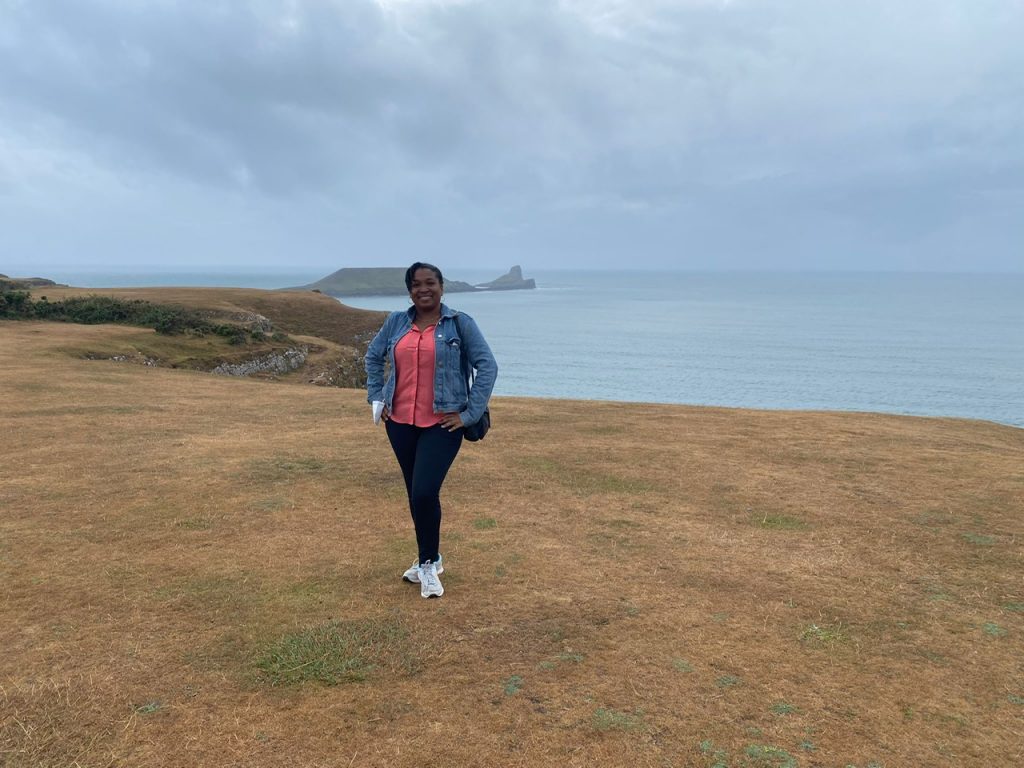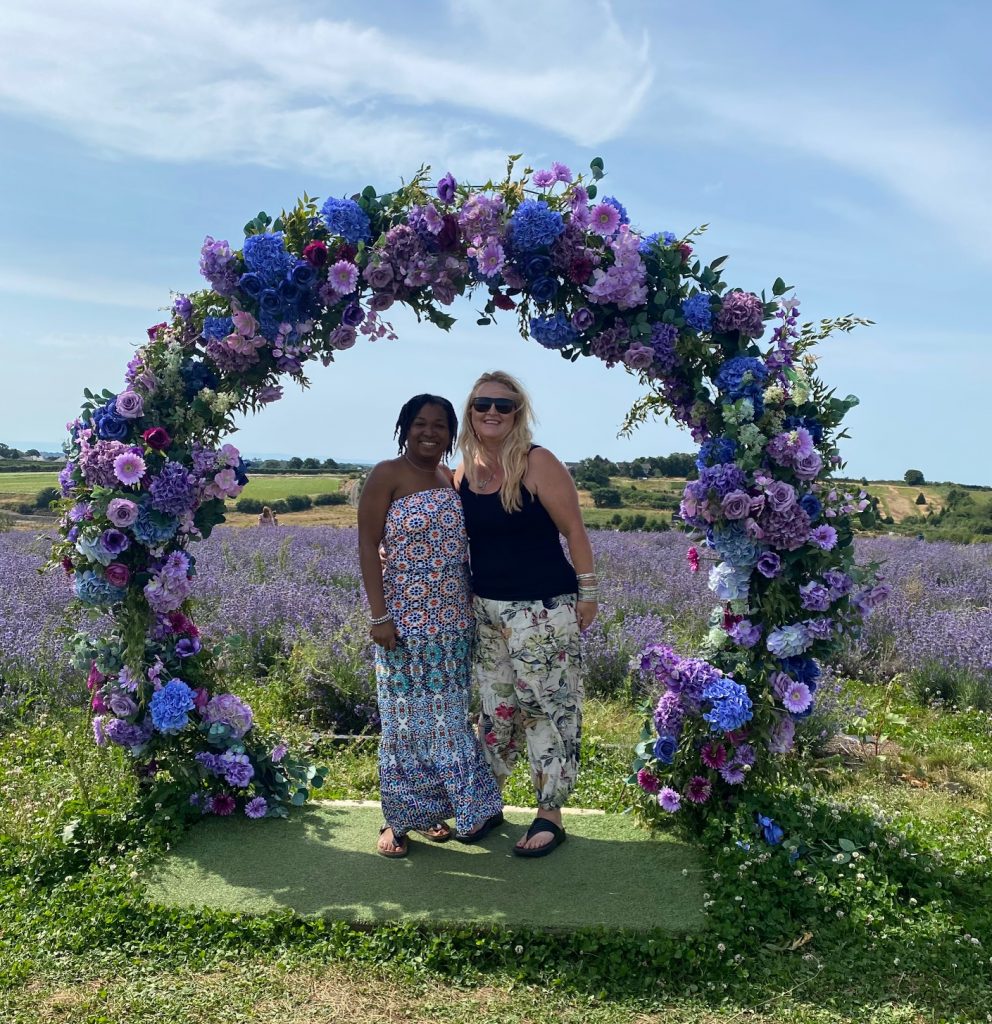By Alana Griffith
Squawk, squawk, squawk … sound the seagulls in Swansea. Oh, I do love to be beside the seaside! After years of reading and citing the work of Axel Klein, a former Global Drug Policy Observatory (GDPO) senior research associate, I have been afforded the privilege of calling on Swansea University as a visiting research scholar in the GDPO, from the University of the West Indies Cave Hill Campus in Barbados. Coming on what appears to be the tail end of the Covid-19 pandemic hysteria and the reopening of Swansea to visiting scholars, this introductory visit and meeting with the fantastic colleagues/associates/machinery/brains of the GDPO and contagious enthusiasm of Branwen Lloyd, Dave Bewley-Taylor and Matt Wall has been reassuring. Furthermore, it has certainly whetted my appetite to delve deeper into the ‘logic’ of drug policy in the Caribbean. The opportunity to interact with experienced colleagues across the ocean, who like myself have been in the trenches working on research akin to public scholarship, has left me with the opinion that there is vast amount of interrogation still to be done.
With its 15 member states and five associate members, the Caribbean Community (CARICOM) formed a Commission on Marijuana in 2016. Since then, several CARICOM members have been engaging in cannabis policy reform, especially in relation to its medical use and cultivation for the same. Through its colonial ties, cannabis policy in the region unlike many other countries where there was an ‘opt’ into the UN Conventions and efforts to meet the requirements of such, is orientated towards navigating the potential fallout from breaching the Single Convention of 1961 and what in effect are a set of inherited treaty commitments. Indeed, with the first of the pre-UN era foundational treaties – the Hague Convention of 1912 – signed by the metropole, the course towards punitive cannabis prohibition was set well before independence. At this point in 2022, in CARICOM’s delicate meandering ‘dance’ with the United Nations conventions on drugs, 10 countries have taken a conservative approach and legalised cannabis for medical purposes, which is permitted under the Single Convention and gained more legitimacy following a recent – and historic – rescheduling process. Eleven members have decriminalised for personal use, but confined this to the possession of a specified quantity of the substance with only five countries allowing for the home cultivation of a few plants with specifications about sex and/or maturity in some cases. Most egregiously, in a region that has birthed the Rastafarian movement and religion only seven, or less than half, have put provisions in place for Rastafari consumption, possession and/or cultivation of cannabis for sacramental purposes with various special conditions.

In all the ongoing CARICOM reforms there are several important questions that emerge around the global unevenness in the reforms, the domestic inequalities reproduced in that unevenness and the impact on the drug markets the reforms should be addressing. Rather, what is emerging is the lure for these countries of a potentially lucrative market for the cultivation, processing, and export of cannabis products for medicinal use to boost their economies. Questions also abound. For instance, is there greater negotiating space for CARICOM countries in cannabis policy reform? If so, to what end and in what ways? The block of CARICOM countries is thought to wield significant power in voting in supranational organisations. Withstanding Jamaica’s four-year membership on the United Nations’ Commission on Narcotic Drugs until 2023, a major site for debate in situating these countries within the global discourse relates to their potential to influence further treaty reform. Additionally, significant questions exist regarding the extent to which the existing treaties may be violating the rights of indigenous religious groups.
In the famous words of Johnny Nash, “there are more questions than answers … and the more I find out the less I know”. At the beginning of this blog the word introductory was not used lightly. On the ‘end’ of this visit to the GDPO, it is clear that the red-carpet welcome by Glyn James and the International office appeared too short but I’m thankful that it was just to lead me into an open space where there is so much more in store.
